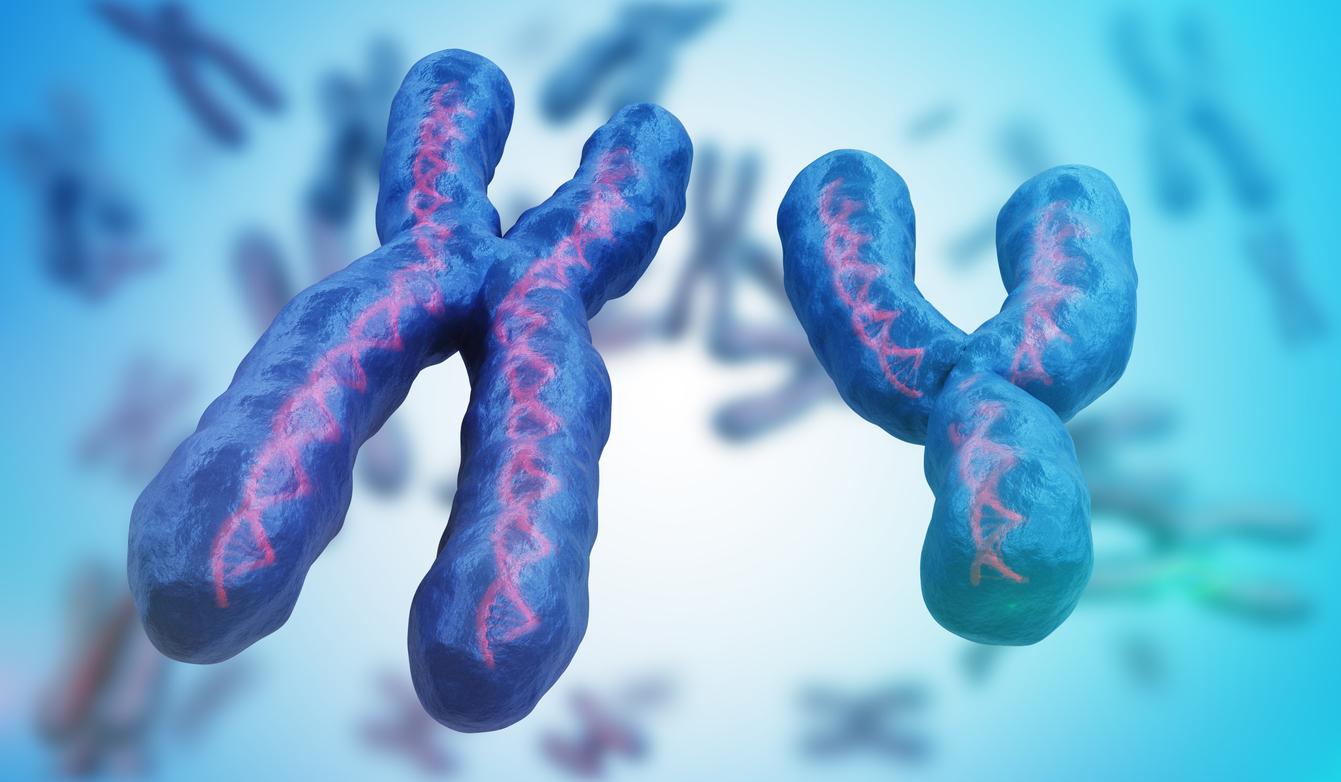Susan Boyle gave the British weekly The Observer an interview in which she reveals her illness, Asperger’s syndrome.
This syndrome was discovered by the Austrian pediatrician Hans Asperger who described in 1943 children in whom there is a lack of non-verbal communication, a decrease in empathy, and physical clumsiness. It was revealed in 1981 by Lorna Wing, an English psychiatrist.
Different social behavior
This disability close to autism creates in patients an inability to relate to others, to understand them or even to know how to behave in everyday situations. They are indeed closed to non-verbal language and do not understand the emotions of others. Instinctively, they do not decode the feelings of the people around them and do not adapt to the rules of the social game. They are capable of talking for hours about a subject that no one is interested in and “unintentionally hurt” those around them with fair but unfiltered words.
People who are affected by this syndrome have a repetitive behavior, are very attached to their habits and to the rules that they impose on themselves. They often have specific and eccentric interests and activities (train timetables, construction of scale models, etc.).
Another form of intelligence
If people with Asperger’s syndrome have difficulty communicating and establishing social relationships, they have developed other qualities. These patients are perfectionists, ultra sensitive to details, respectful of the rules, incapable of lying. Of an undeniable logic, with an extraordinary memory, they have built an analytical thought and develop peaks of impressive skills. By indulging in their particular interests, the person with Asperger’s syndrome often demonstrates extremely sophisticated reasoning, an attention bordering on obsession, a memory focused on visual images and details. Hans Asperger called his patients “little teachers”. Indeed, these young children have a wealth of knowledge in their specific field of interest equivalent, if not superior, to that of university professors.
The first signs of Asperger’s syndrome
A child who is too well-behaved or too agitated who makes few attempts to communicate, who does not react to noises, even seems deaf, who does not follow his eyes, who seems indifferent to people, who does not smile or smiles little, who does not not interested in toys and rather plays with his body, who eats poorly and who has serious sleep problems may have Asperger’s syndrome.
These telltale signs appear from birth and during the child’s first three years.
Asperger’s syndrome affects 400,000 people in France.
More information on this disease on the website of the association Aide France: www.aspergeraide.com
















